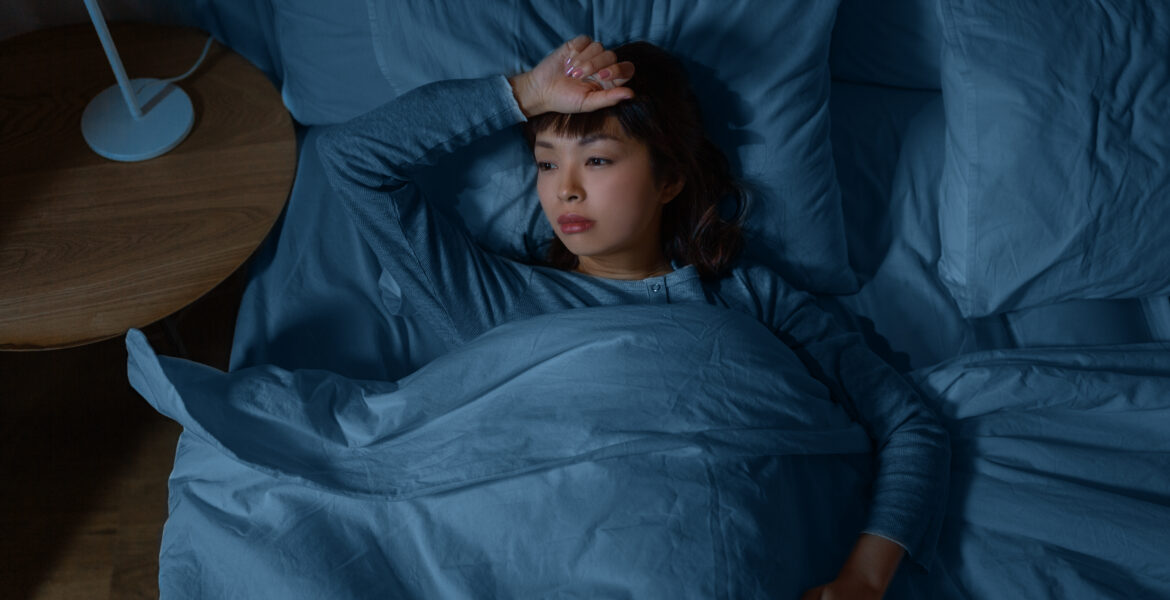The pain of headaches isn’t the only problem. They can disrupt your entire body’s normal function, making daily activities feel like a struggle. This is more so the case when it comes to migraines because they aren’t a simple headache. They attack one side of your head, causing head and eye pain. People who experience migraines may experience throbbing pain, vision changes, nausea, fatigue, and more. Unfortunately, there is no cure for migraines, but there are ways to take control and manage them at home; it’s also good to know when to see a doctor. Below, we discuss some tips for managing your migraines and when to see a medical professional.
Migraine Triggers
Knowing your triggers can help you avoid or prepare for the onset of a migraine if the trigger is unavoidable. Some top triggers the American Migraine Foundation lists are stress, irregular sleep, hormone fluctuations, heightened consumption of caffeine or alcohol, weather changes, food triggers, light, and smells.
Sleep Changes
Good sleep hygiene, knowing how much sleep you need, and setting an ideal bedtime and wake-up time can decrease your chances of developing a migraine if sleep irregularities are the cause. Sleep disorders may cause migraines. Some examples of sleep disorders that disrupt sleep are insomnia, restless leg syndrome, sleep apnea, and teeth grinding.
Caffeine and Alcohol
According to a 2020 study, caffeine or coffee consumption and caffeine withdrawal were found to be migraine-trigger factors in a small ratio of migraine patients. The overuse of caffeine intake may lead to migraine “chronification” and suddenly stopping intake may trigger migraine attacks. People who suffer from migraines should be aware of the amount of caffeine they consume to avoid exceeding 200 mg daily. However, caffeinated drinks or as a drug compound are found to be a safe and effective way to treat acute migraines.
Consumption of alcohol can trigger two different types of migraines. For some, having just one drink can trigger a migraine within 30 minutes to 3 hours of having alcohol. For others, the migraine won’t start until their blood alcohol level is back to normal. Take note of what alcoholic beverages and alcohol percentage your body is ok with to avoid triggering a migraine. If any amount does, it is best to stay away.
Take Control
In addition to knowing your triggers and actively working toward avoiding them or working around them, there are lifestyle changes that can improve your chances of evading the dreadful headache. If your migraines are triggered by food, starting a food diary can help you determine what those foods are and change your eating habits, times, and consistency. Making sure you stay hydrated throughout the day reduces the chances of getting a migraine. Water is invaluable for many health reasons, including avoiding migraines. Exercising helps regulate your sleep and eating rhythms, which, in effect, helps with managing migraines.
When to See a Doctor
If healthy changes haven’t been effective and your migraines are worsening, interfering with your daily activities, a neurologist can provide essential medical attention. They can help you figure out a course of treatment to improve your quality of life.






